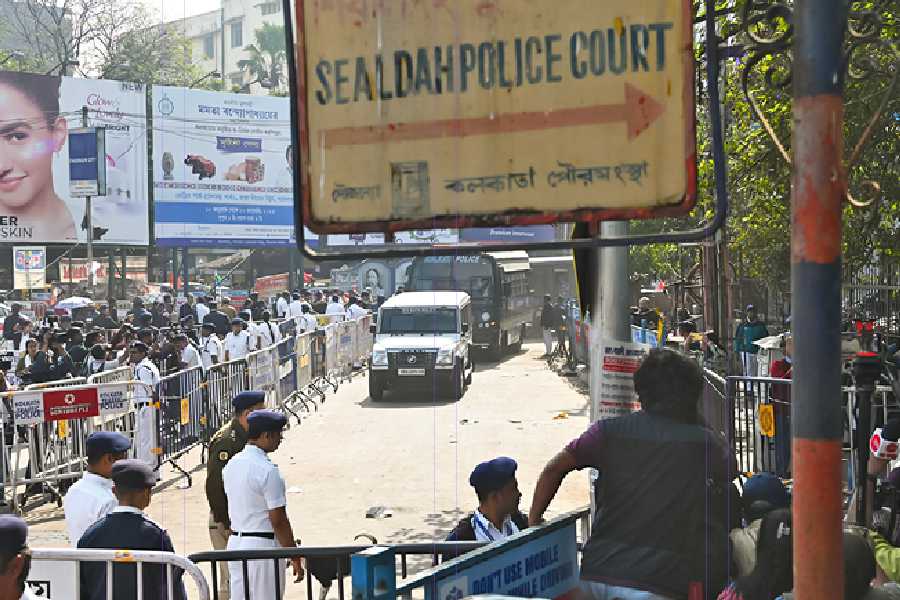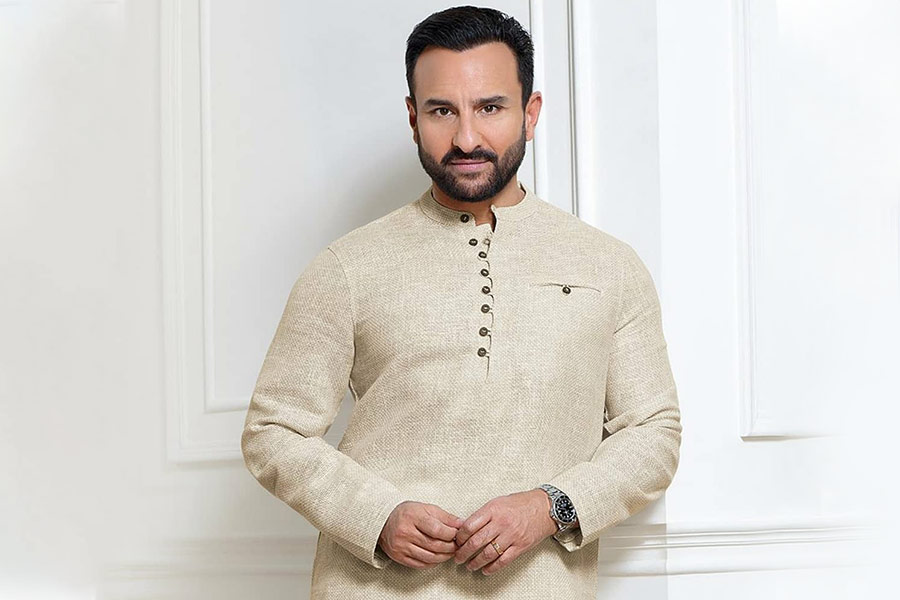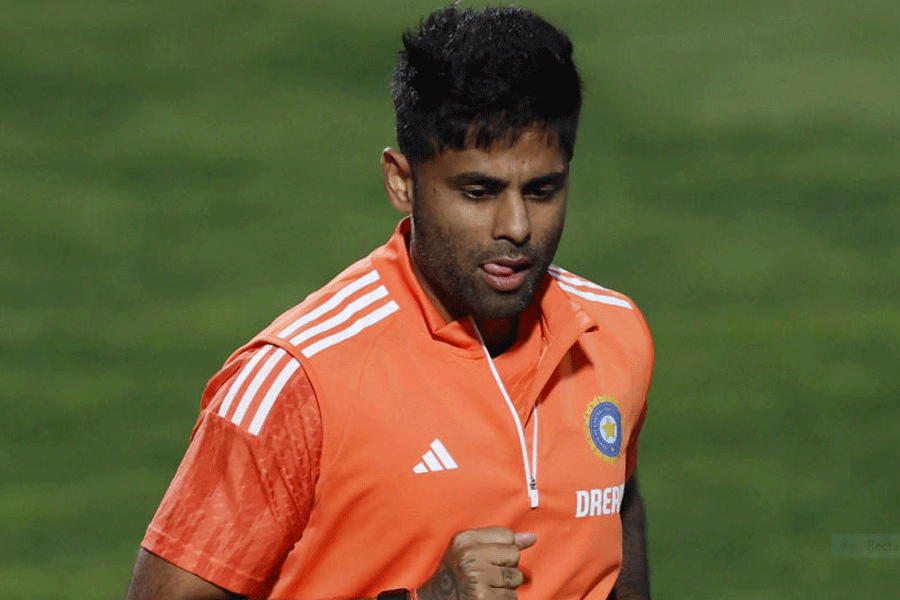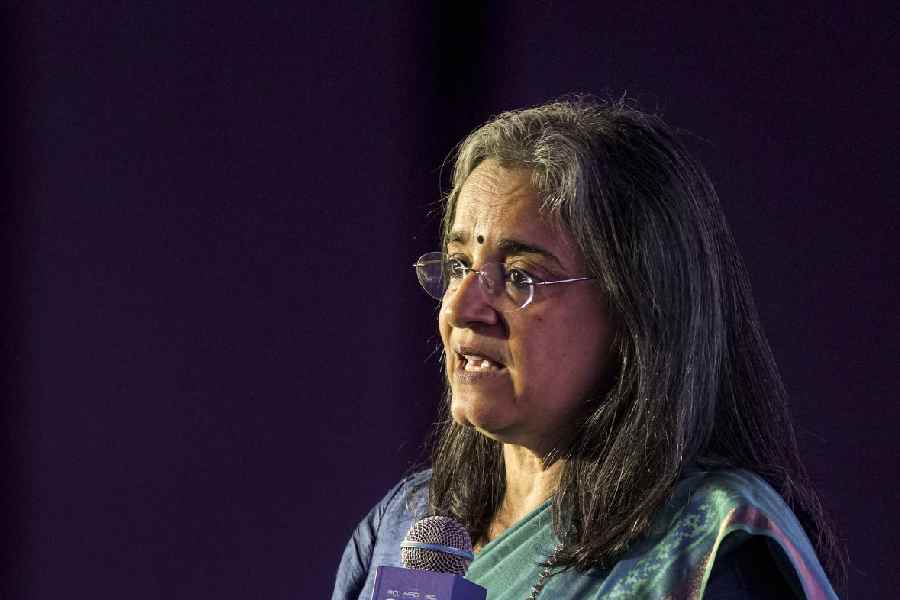Arguments and counter-arguments at the Sealdah court that preceded the sentencing of Sanjay Roy in the RG Kar rape and murder case on Monday.
Rarest of rare, say CBI lawyers
In their final submission, the CBI lawyers called the rape and murder of a postgraduate trainee doctor at RG Kar Medical College and Hospital a “rarest of rare crime”. A woman who was on duty to serve people was brutalised, they said.
“This is a rarest of rare case. She was on duty to save the people. It’s a government hospital. She was not doing it for money. She was an MBBS. The conscience of the entire nation has been shaken. It is not just a loss for her family but to the entire society,” said Anurag Modi, one of the CBI lawyers.
“People whose daughters go out for work are worried about their safety. We demand the highest punishment for him. Capital punishment should be given as a confidence-building measure for society.”
‘Roy took advantage of his job’
The lawyer representing the slain doctor’s family said that being a Kolkata Police civic volunteer, Roy had easy access to the hospital.
“He took advantage of that. He entered the hospital and committed the crime. He had full knowledge of the place,” said Amartya Dey.
The family, represented by Dey, demanded death for Roy.
‘Residual doubt’
One of Roy’s lawyers, Senjuthi Chakraborty, submitted before the court that in case of the death penalty, the prosecution and the judge have to put on record that there was no chance left for the reformation of the person and that he should be “eliminated from the society”.
Chakraborty cited several instances of the Supreme Court not awarding capital punishment despite the cases qualifying as “rarest of rare”.
In the court, the lawyer cited the theory of “residual doubt” which deals with lingering uncertainty a court has about the defendant’s guilt despite being pronounced guilty.
‘Right to reformation’
Speaking on the possible quantum of punishment, Chakraborty quoted from a study report named “Deathworthy — Project 39A”, prepared by the National Law University Delhi in 2021.
She placed the study report — in the form of a book — before the judge who asked that the relevant sections be marked for his consideration.
Chakraborty mentioned in the court that this was possibly the first study dealing with empirical data on mental illness and intellectual disability among death row prisoners in India and the psychological consequences of living on death row.
Every accused, despite being pronounced guilty, has the right to reformation, she said. “The death penalty can be given only after we are sure that all the doors that could be there for the reformation of the convict are closed,” Chakraborty said.
She ended her submission by saying: “This is our last chance to save a man from death.”
The judgment
“Not rarest of rare,” said additional district and sessions judge Anirban Das.
“This is not a rarest of rare case,” the judge said, pronouncing life sentence for Sanjay Roy on three counts of murder, rape and punishment for causing death or a persistent vegetative state to a woman. Two fines of ₹50,000 were imposed on him for the charges of rape and murder.











